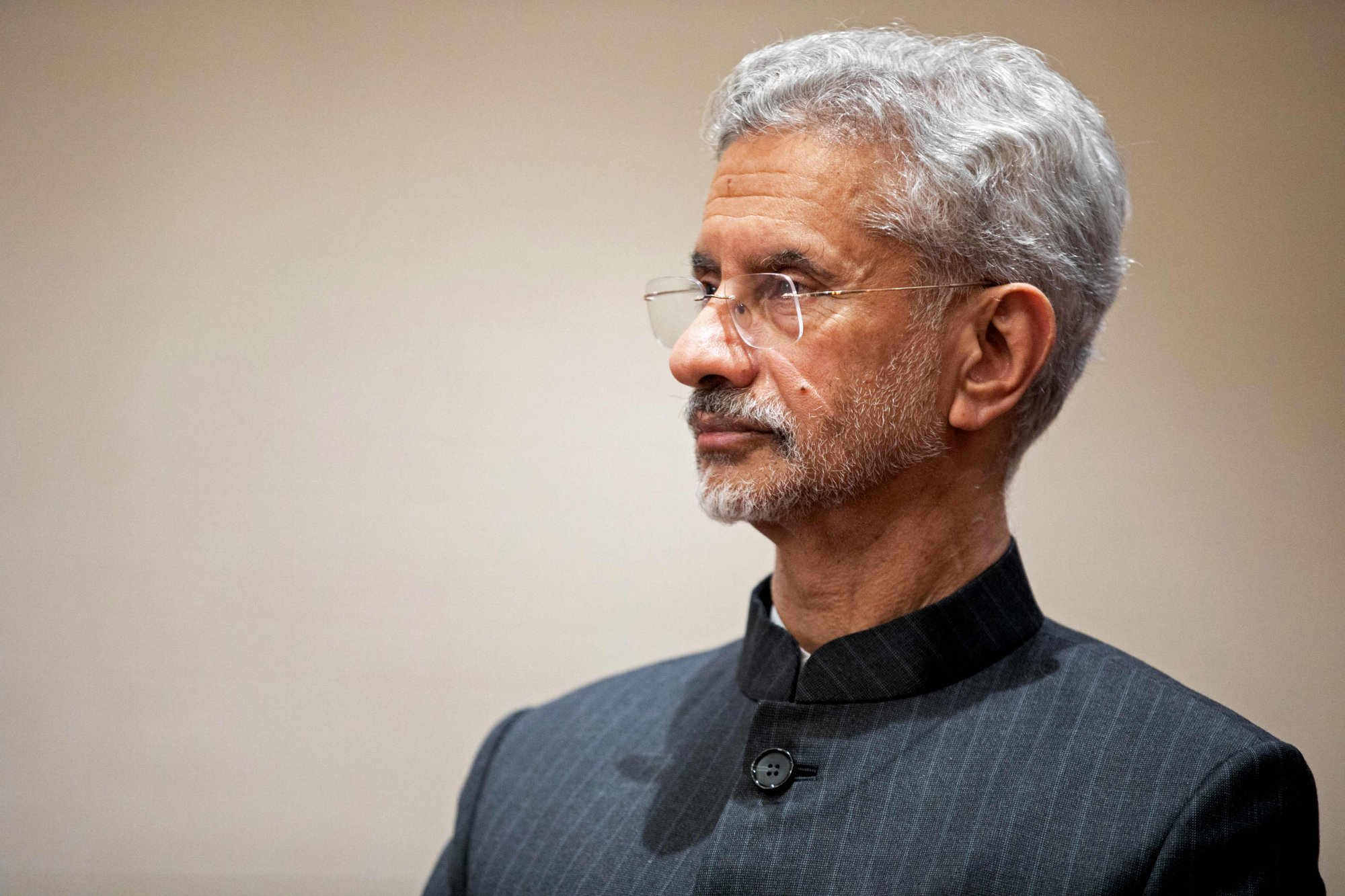
Indian politicians’ partnerships with influencers to woo voters spark ‘dark money’, transparency concerns
- Politicians from the ruling BJP and Congress Party have engaged influencers to put a positive spin ahead of this year’s general election
- Analysts have flagged concerns about such commercial alliances and called for greater regulatory oversight
Indian influencer Ranveer Allahbadia, better known by his moniker BeerBiceps, has amassed a following of 11 million fans across YouTube and Instagram, sharing everything from fashion tips to motivational advice for the past decade.
Chatting about politics, lifestyle and personal issues, these leaders appear relaxed and personable in slickly produced podcasts designed to appeal to millennials and Gen Z Indians.
With tens of millions of first-time voters set to cast their ballots in the April general election, 30-year-old Allahbadia is part of a wave of social media personalities being deployed by Indian parties to secure the youth vote, analysts say.
In India, Modi’s party stirs up Hindu nationalism with temple at disputed site
“For the 2024 elections in India, the influencer industry is becoming integral to political campaigning,” said Shudeep Majumdar, co-founder of the influencer marketing firm Zefmo Media.
“Recognising the shift in how voters, especially the youth, consume content, political parties are engaging influencers for their broad reach and relatability,” he said, adding that the strategy also allows politicians to bypass traditional gatekeepers such as newspapers and television where their messages might get filtered.
But as more influencers and political parties collaborate for political ends, political observers have highlighted concerns about transparency and a lack of regulations.
Cheap data has boosted India’s internet penetration with more than half the country’s 1.4 billion people having online access, according to a report in May by the non-profit industry body Internet and Mobile Association of India and market data analytics firm Kantar. Of those, 422 million are regular social media users, it said.

This ecosystem has enabled entertainers, activists and experts from various fields to build a following of up to millions of people. According to a study by Statista, the value of the influencer industry market was worth about 12 billion rupees (US$145 million) in 2022 and is estimated to more than double to 28 billion rupees in 2026.
The influence of these personalities offers political groups an avenue to reach out to potential voters beyond rallies, banners and newspaper advertisements. The potential online reach of the influencers is enormous as social media platforms Facebook, YouTube, Instagram and WhatsApp each have hundreds of millions of users in India - WhatsApp has the biggest user base at more than half a billion.
When Rahul Gandhi, leader of the main opposition Congress party, was in the middle of his Unite India March – a 4,100km (2,547-mile) walkathon across the country to campaign against the “divisive politics” of the BJP – he took some time out in January 2022 to appear on Curly Tales, a YouTube channel with almost 3 million subscribers, to discuss his favourite food, childhood memories and backpacking stories.
Apar Gupta, a lawyer specialising in tech policies, said geography played a role in helping politicians garner a regional following.
India’s ‘extremely troubling’ new telecoms law sparks furore from activists
“Specific people talk about local issues and are limited to specific geographies, in which the vernacular dialect and local cultural aspects play a huge role. These micro-influencers could very well be restricted to two or three districts and yet might make an impact in the polls,” he said.
Polarised politics
Thousands of online personalities have emerged to cover a wide range of interests in recent years. Among them are influencers whose views have been shaped by the polarised political climate in India and are split into two main groups: the pro-BJP camp and those who are pro-opposition.
In May, the BJP held a meeting in Mumbai with 500 social media influencers to mark nine years of Modi’s rule, in what turned out to be the first of many such gatherings in large cities.

According to political analyst Tushar Panchal, there are no “independent influencers” in India.
“You’re forced to align with one ideology or another. There’s a clear thought process in the ecosystem that if you’re not with me, you’re against me,” Panchal, founder and CEO of WarRoom Strategies, a specialist consultancy for government and politics.
One popular influencer from the state of Tamil Nadu, who declined to be identified, told This Week In Asia he collaborated with a political party for a video against his will because he did not want to offend lawmakers.
The BJP is not the only party chasing influencers ahead of elections. In June last year, the Congress Party paid between US$120 and US$6,000 each to influencers in Rajasthan, which it governs, to promote welfare schemes before the state’s legislative polls.
Teen influencer’s death spotlights toxic cyberbullying of LGBTQ folk in India
Gupta, however, noted that some influencers have engaged in political endorsements without disclosing their commercial arrangement with those in power.
“Political parties, by their very nature, are public authorities and are not profit-making corporations. They require higher moral oversight,” he said.
“Without regulatory oversight, it becomes a fertile ground for the use of dark money because of the nature of the political campaign finance models.”

